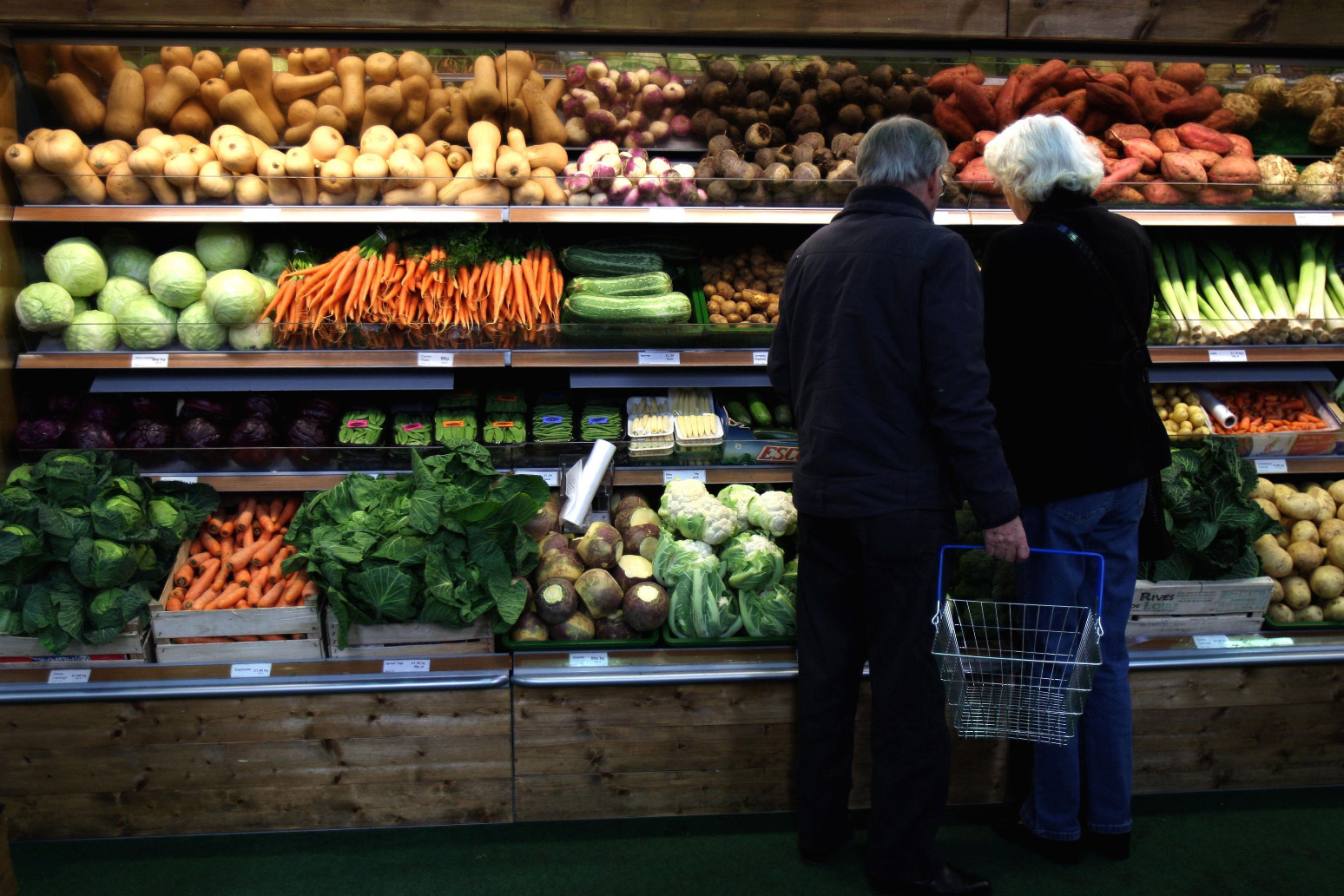
Changing food and drink products on offer ‘can lead to leaner, greener diets’
That's according to the research, published in the BMJ
C
hanging the food and drink on offer in shops, restaurants and bars has the potential to improve diets, reduce inequalities and protect the environment, according to a study.
So-called “availability interventions” such as replacing some confectionery items with fruit or nuts, sugary drinks with no or low sugar options, alcoholic with non-alcoholic drinks and meat-based with plant-based meals can lead consumers to make healthier and more sustainable choices, the research, published in the BMJ, said.
Suboptimal diets – particularly the consumption of energy-dense foods, meat, and alcohol – are one of the largest contributors to premature death and preventable diseases worldwide, and also contribute to health inequalities and environmental harm, researchers from the University of Cambridge said.
They identified nine real-world studies, including four new studies, showing “consistent and often substantial effects of availability interventions on consumer selection of healthier or more sustainable options”, with no evidence of adverse effects.
In one example, increasing the proportion of vegetarian meal options in a cafeteria from 25% to 50% decreased the selection of meat meals by almost eight percentage points (from 81% to 73%).
Increasing the proportion of lower energy food options in cafeterias from 42% to 50% reduced the calories per transaction by almost 5%, from 384 to 366 kcal.
Early results from a study of online supermarket purchases suggest that decreasing the proportion of alcoholic drinks available from 75% to 50% and 25% increased the proportion of non-alcoholic beers and wines and soft drinks selected from 24% to 32% and 45% respectively.
The study concluded: “Evidence for the effectiveness of availability interventions is now mature enough to merit serious consideration by policy makers and others as an effective addition to interventions in public and private sector settings aiming to shift currently unhealthy and unsustainable patterns of consumption towards unmet population health and net zero goals.”
Published: by Radio NewsHub